If you’ve got a natural edge when it comes to completing DIY projects, it’s pretty easy to start trying just about everything because why not? Well, there’s a pretty big reason why–some DIYers get so carried away with their projects that they take too much risk, potentially leading to serious consequences with the law. If this sounds a bit strange and you’re unsure what we mean, let’s clear things up with the following DIY renovations that could lead to legal issues.
Structural Changes Without Permits
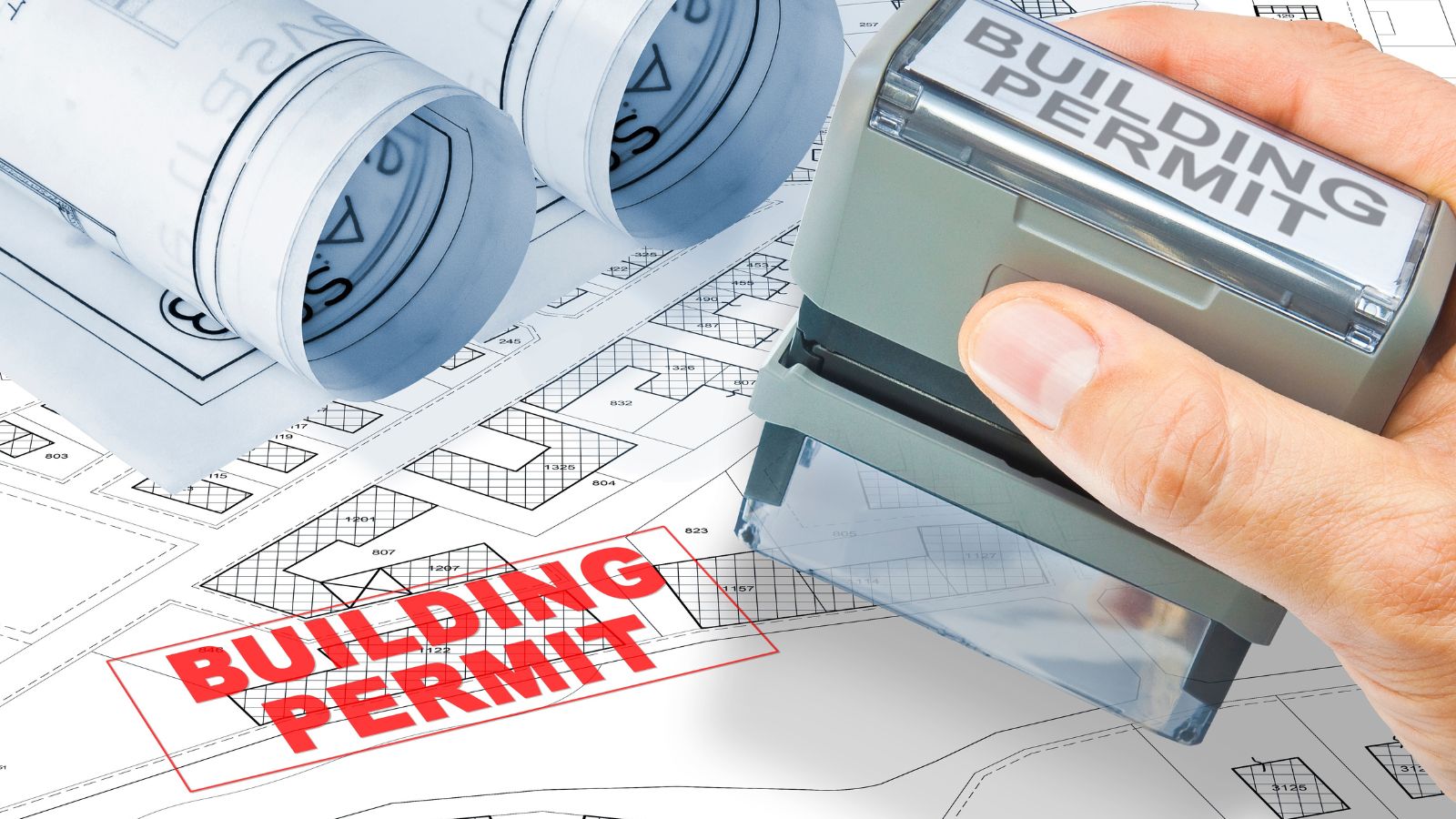
As you might have expected, the main situation in which you would get into legal trouble for doing DIY is taking on projects that require legal permission. For example, messing with the structure of your building, such as removing load-bearing walls, generally requires permits to ensure safety and code compliance. These walls are crucial in supporting a building’s structure, so taking one down without professional oversight can pose serious risks. Even if you complete the job safely, get caught, and you can expect legal trouble.
Installing a New Roof
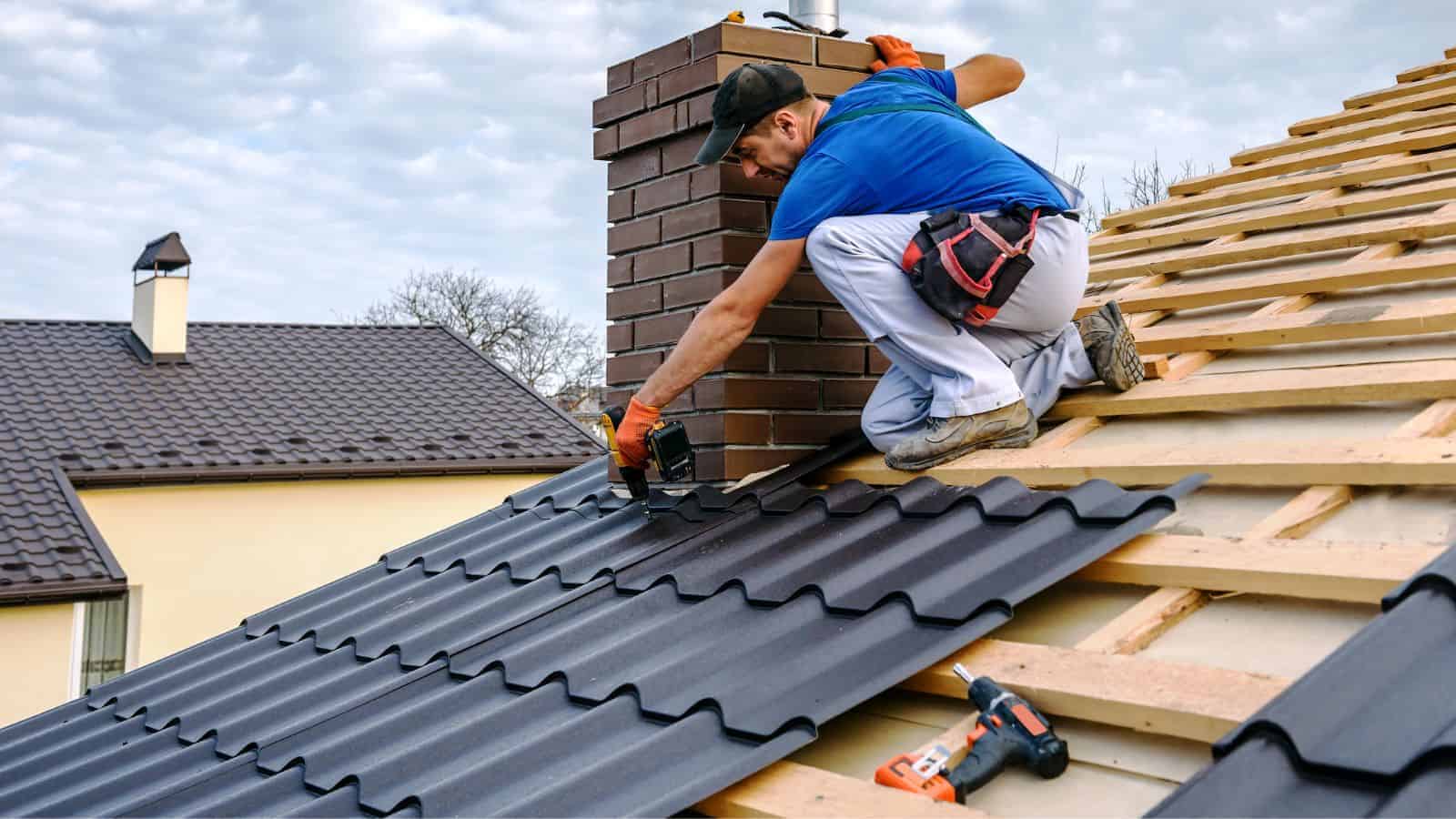
Your home’s room is another vital component that, understandably, you’ll need a permit to replace, especially when significant changes are made to the structure or materials. In some areas, codes might be less strict, but improper installation can still create ventilation, moisture, or even flood issues. So, for the safety of your family and to avoid legal repercussions, do your due diligence.
Adding an Extra Bathroom
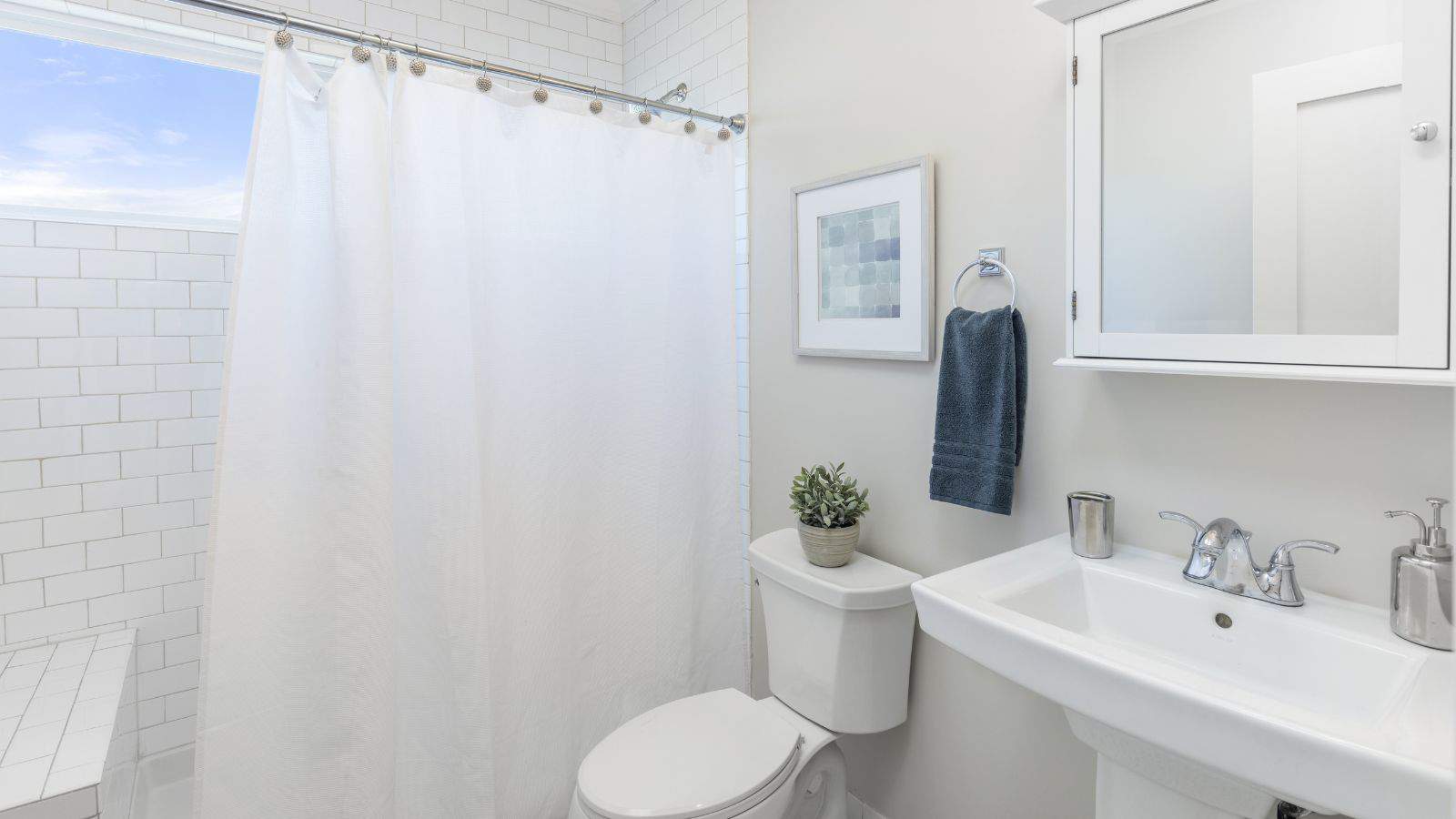
This might sound surprising, but simply adding a new bathroom to your home without permission could lead to trouble with the law. Once again, this is because it usually requires permits or, at the very least, inspections. Plumbing systems are complex, and any unapproved changes might lead to water damage or code violations, even if they’re simply renovations. Therefore, even if you are confident with the job, remember to get the right approvals to prevent any legal headaches.
Building a Deck or Patio

Decks and patios are common DIY projects, and on the surface, they seem pretty foolproof. However, they depend on structural integrity, and therefore, they typically fall under local building codes. Permits are often required, particularly in areas with specific zoning regulations that cover height, size, and materials, ensuring that your deck is safe and that it doesn’t encroach upon your neighbors’ space.
Expanding Square Footage
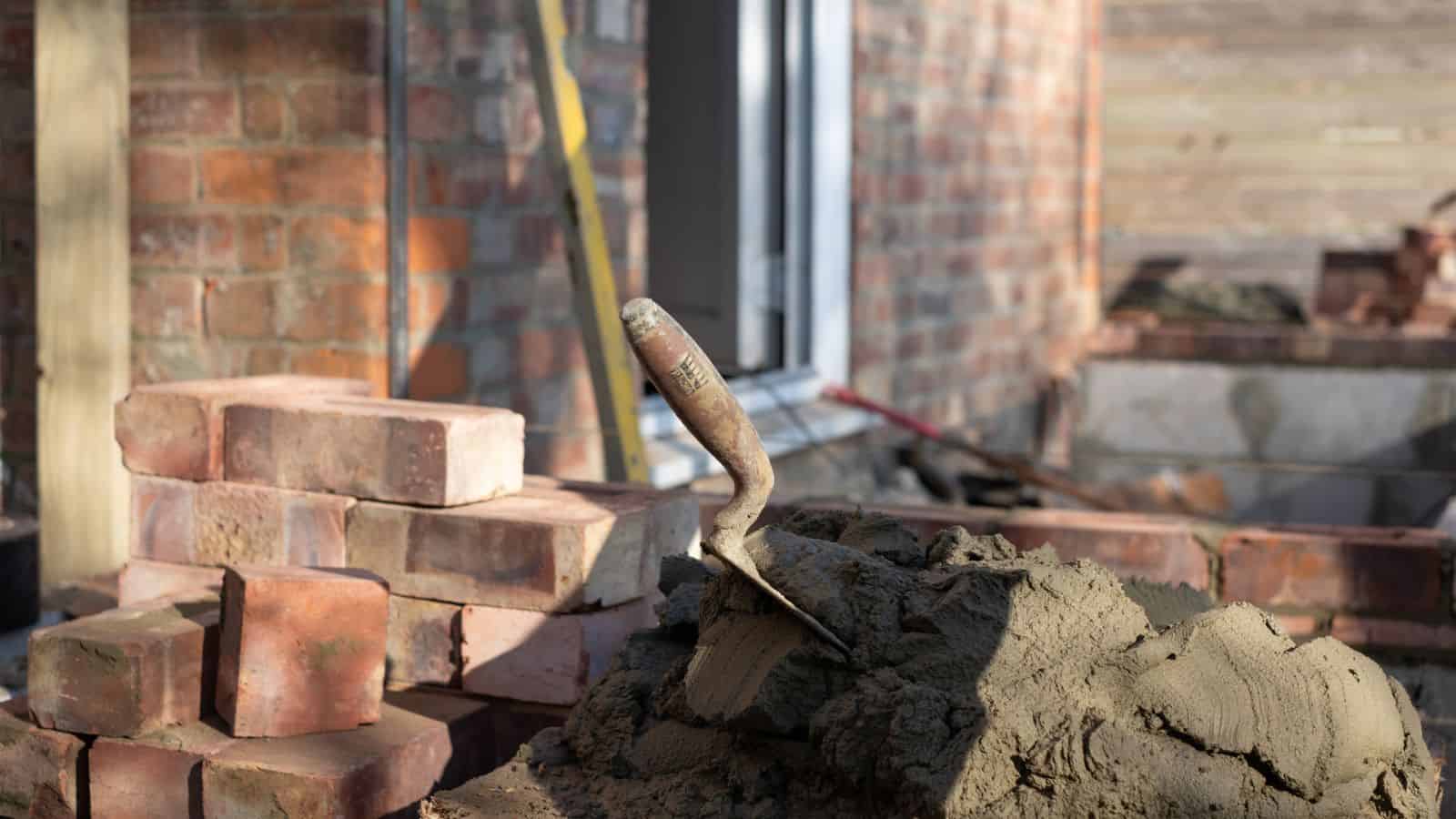
It should go without saying that you can’t just add square footage to your home without getting in touch with the necessary legal bodies. It impacts foundational, plumbing, and electrical systems and generally requires multiple permits. This isn’t excessive, either; these regulations are in place to ensure your home is extended while fitting safety codes and integrating safely with existing structures. Forgoing the proper approvals can result in fines or even a need to undo the expansion.
Changing Electrical Systems
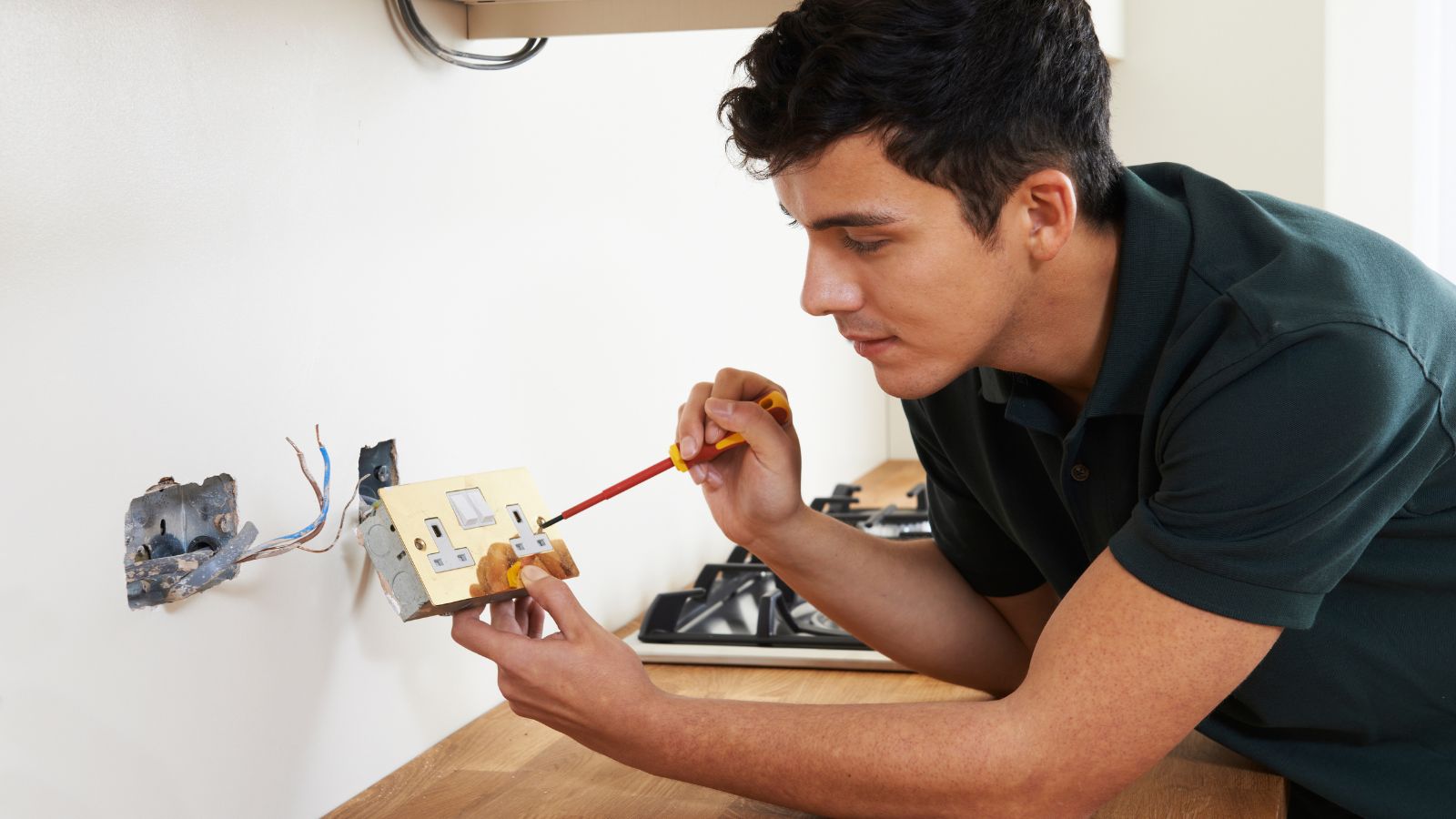
Another DIY renovation category that could lead to legal trouble if you’re not careful is electrical work. This is especially the case for advanced fixture changes, as they can be seriously dangerous projects that require a certified professional and often a permit. Make one mistake, and you could cause a fire or electric shock, so this isn’t health and safety gone mad–it’s common sense.
Installing New Windows
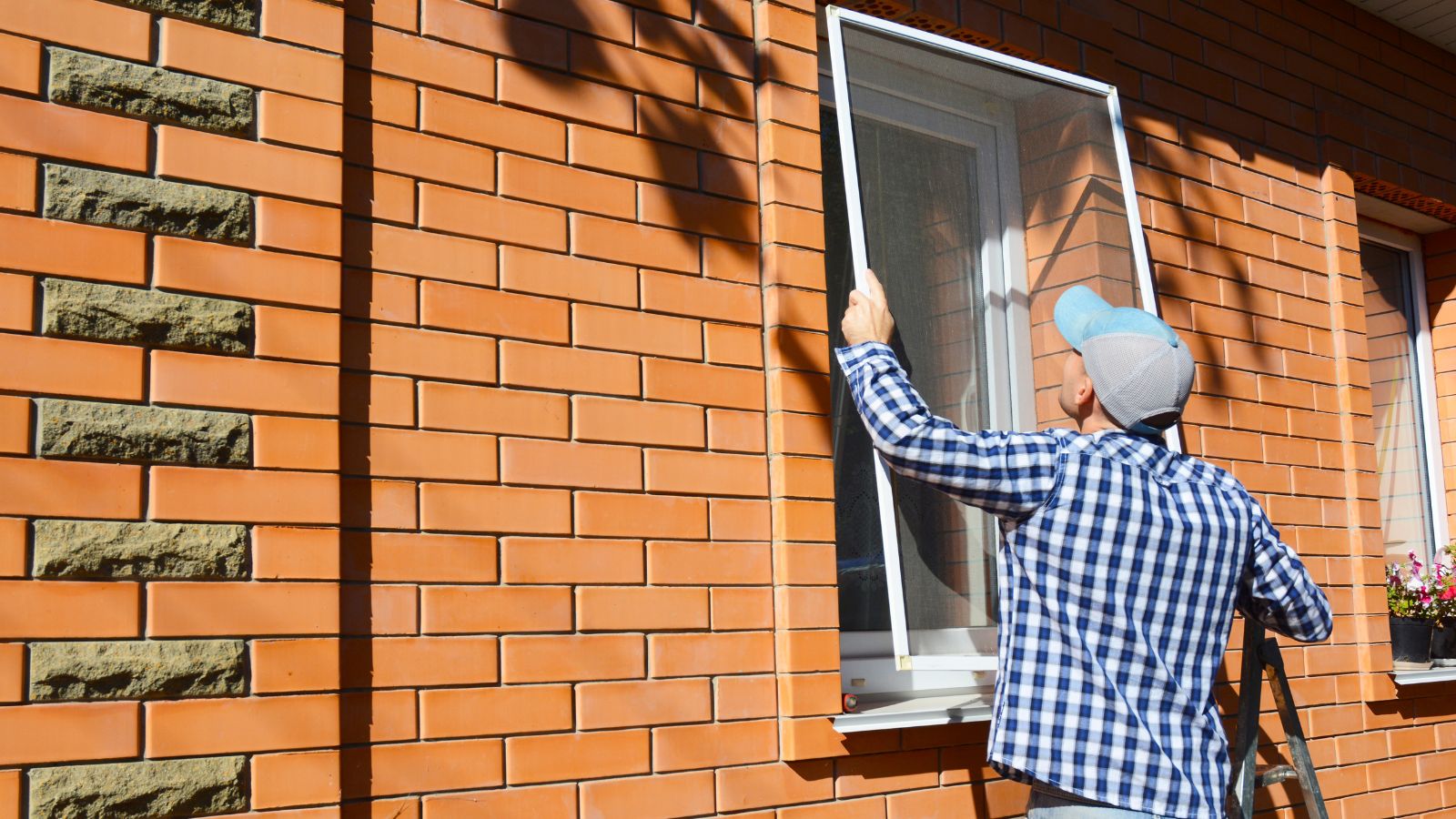
While installing new windows can make a big difference in comfort and efficiency, permits will generally be required, especially in HOAs. A new window might alter the building’s appearance or structure, or worse, lead to a lack of security and safety standards. Thankfully, a quick call to your local authority before beginning should clear things up and keep you out of trouble.
Creating a Basement Apartment
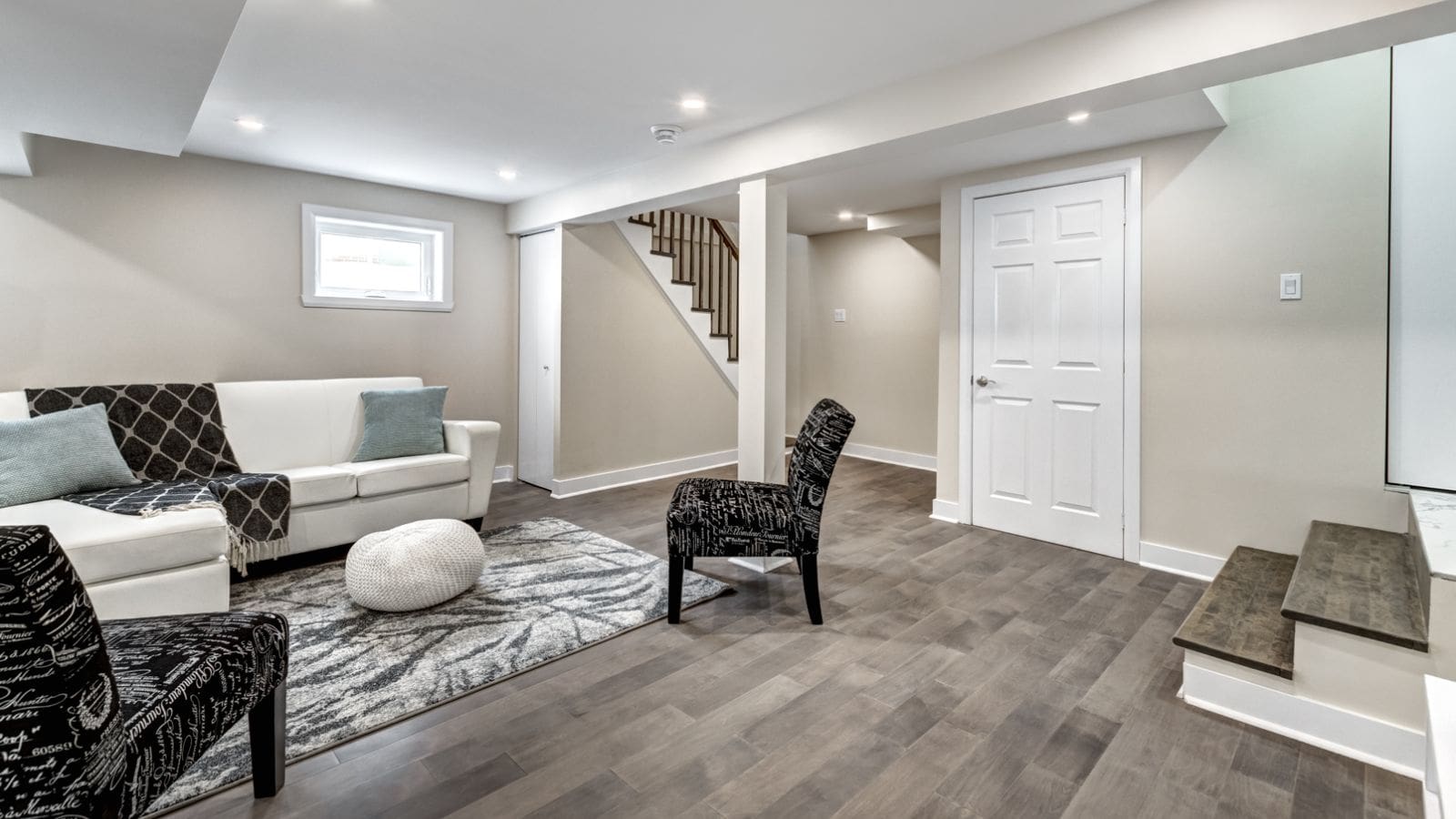
If you’ve got a basement that you don’t really use, it’s a smart move to convert it into an apartment, as you could make some serious additional income from it. However, as you might expect, this will come with strict legal requirements, including permits for fire safety, ventilation, and egress windows. Ultimately, basements are particularly precarious when it comes to safety, as they’re not typically designed for living and sleeping in, so doing things by the book should be your priority.
Constructing a Fence
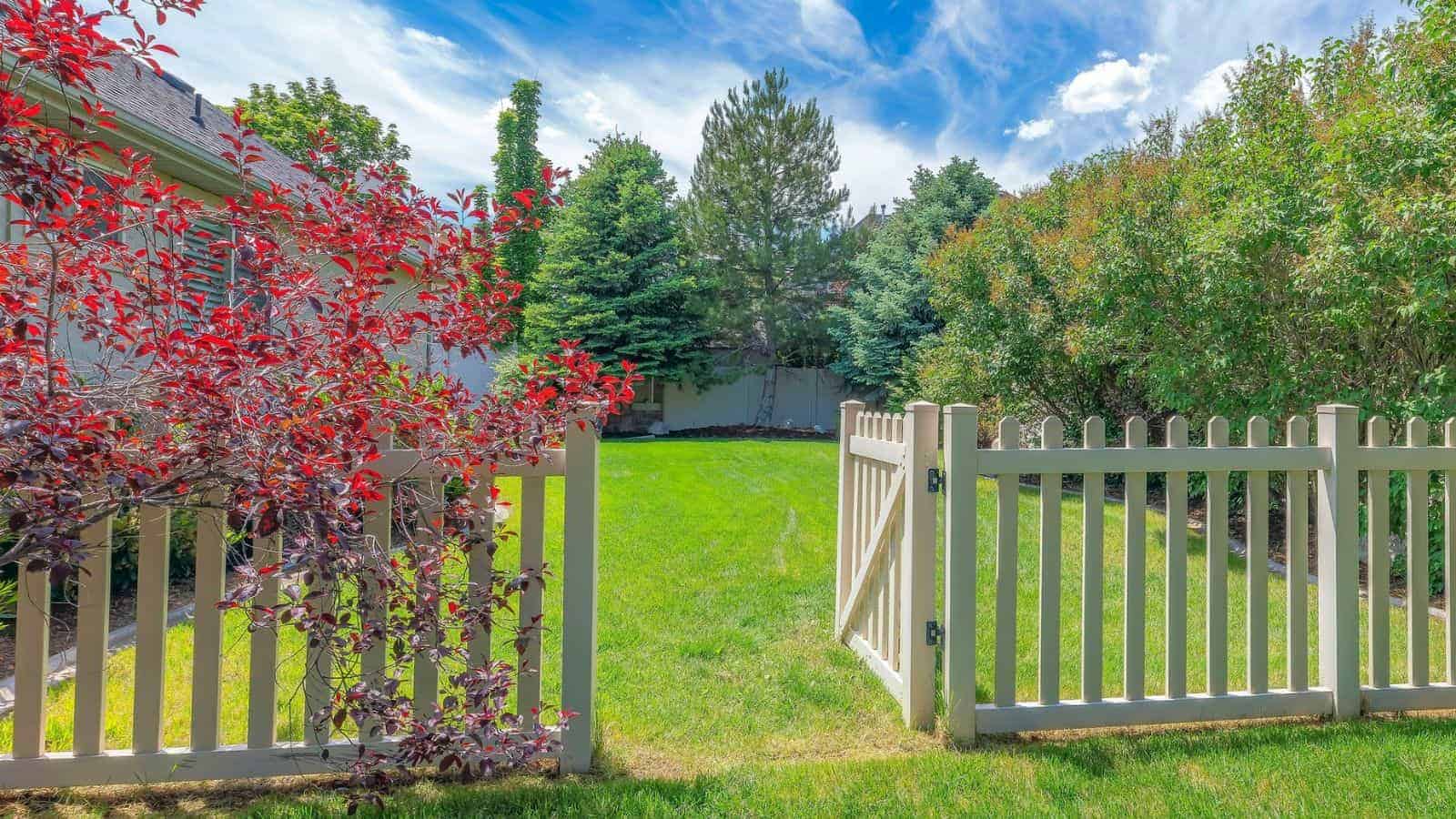
The easiest renovation on this list so far is constructing a garden fence, and it might seem excessive for us to claim that you could get in legal trouble for installing one. It’s true, though–fences might seem like a straightforward addition, but HOAs often apply specific rules to them, depending on locality or neighborhood. Height, placement, and even materials can be restricted, so don’t go into this DIY job without doing your research.
Upgrading the Plumbing

Even if you’re just attempting to upgrade your home’s plumbing, you still need permits to do so. Yes, it might seem over the top, but substantial plumbing changes can lead to problems like water contamination and leaks, so it’s probably not as simple as you imagine it to be, even if you’re confident in your plumbing skills. Just make a few calls, and you can avoid any expensive legal repercussions.
Installing Gas Lines or Appliances
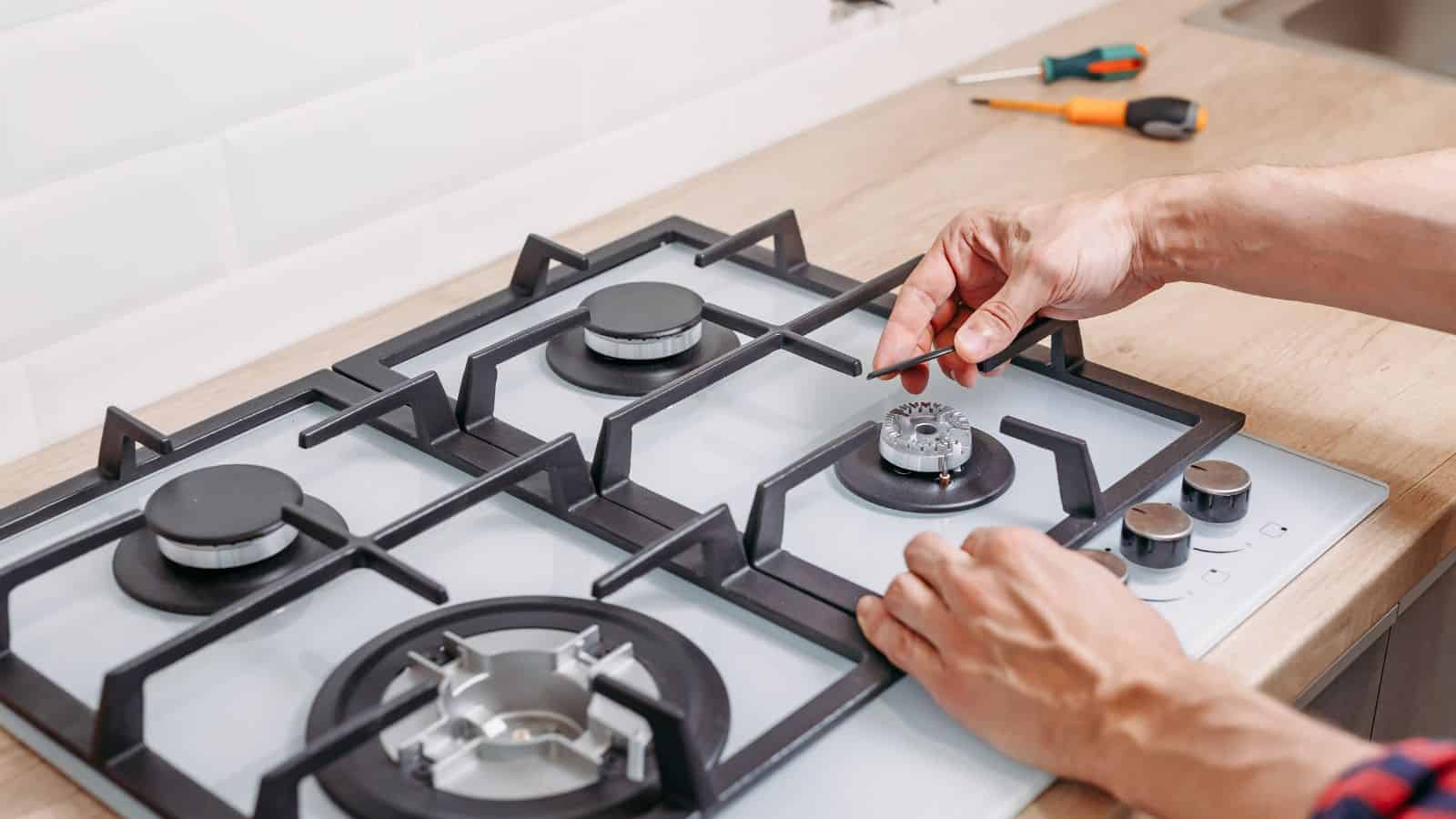
This next point should be pretty obvious–do not attempt to install gas lines or conduct any gas work unless you have the permit and license to do so. Due to the dangerous nature of gas, this will be required by law; otherwise, you could be putting yourself and others at risk of a gas leak or even an explosion. As a result, the legal issues associated with such unauthorized DIY tasks could be far more serious than a fine.
Transforming the Attic into a Living Space
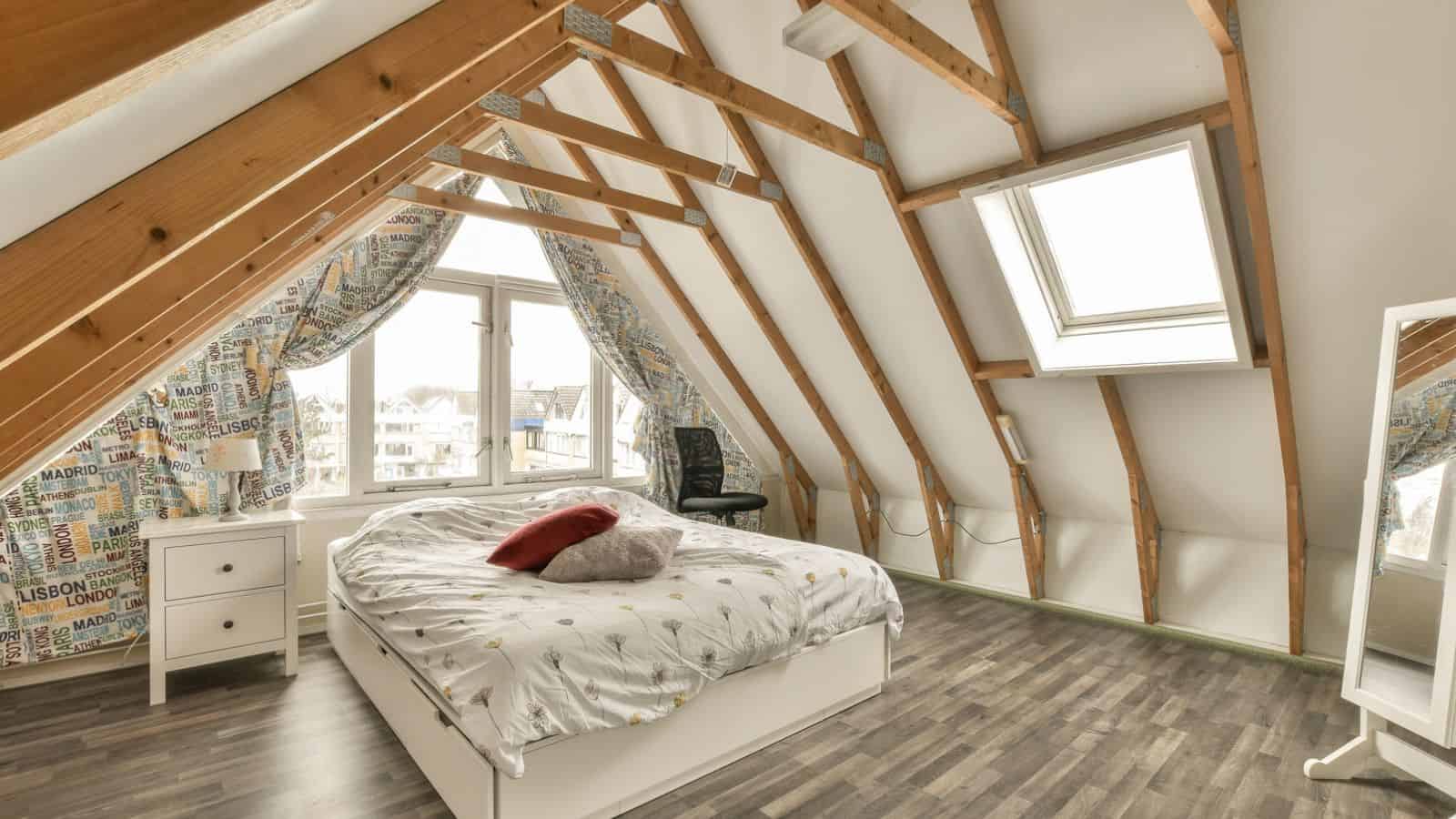
As with your basement, converting an attic into a bedroom or office might seem straightforward, but it will typically require inspections and permits for obvious reasons. Attics generally do not have safety regulations as a standard, such as fire exits and insulation, as they’re just not meant for living in. So, go ahead and plan your attic renovation, but make sure you understand what this entails before you start.
Repaving the Driveway
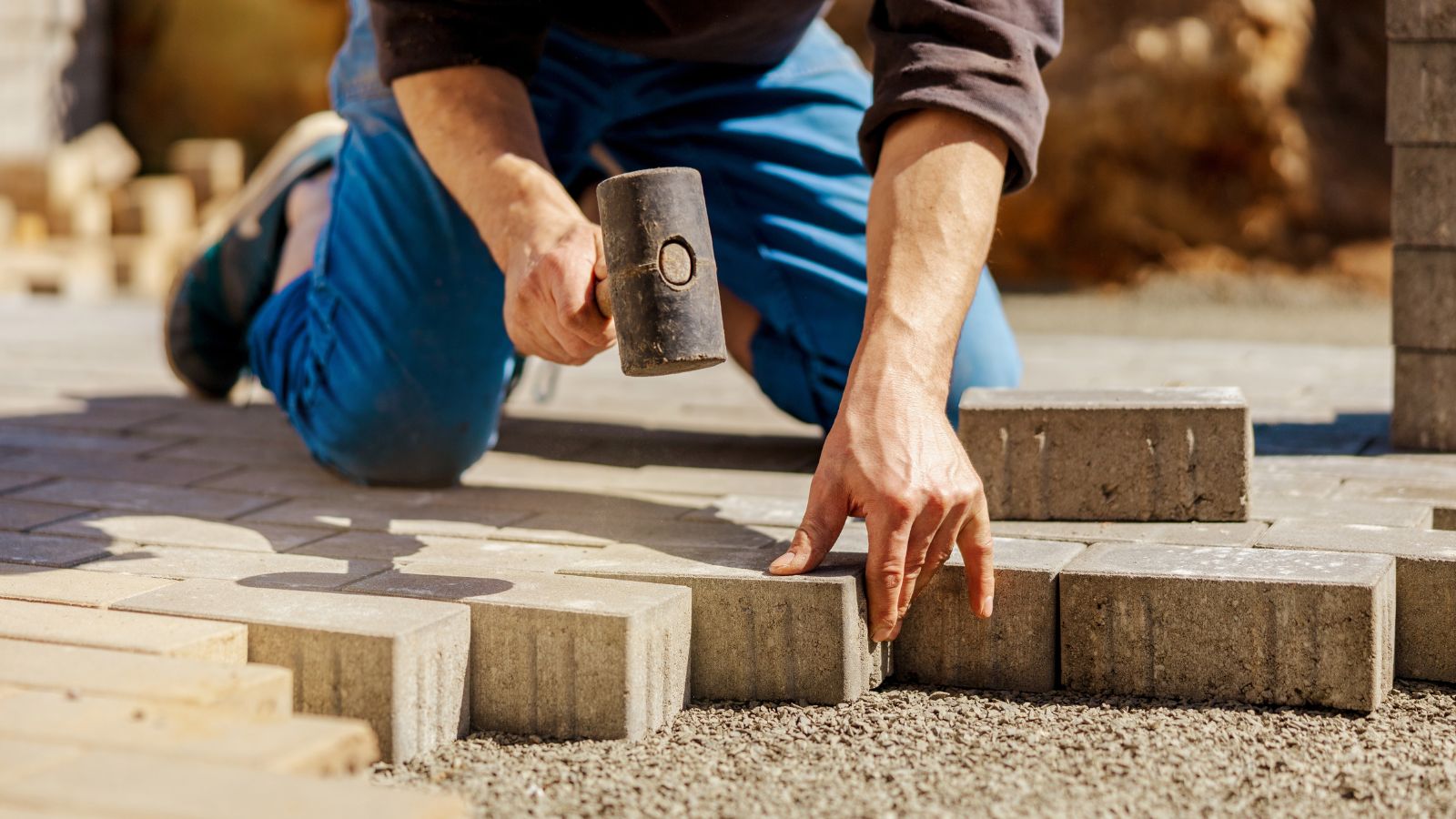
Resurfacing or expanding a driveway will no doubt do wonders for your home’s value, but don’t expect to complete it yourself without permits. This might seem pedantic, but you’re probably not considering the effect it could have on drainage and stormwater management. Sure, not all regions enforce strict driveway regulations, but it’s going to be best for you to confirm the legitimacy of your plans with authorities to ensure it’s above board.
Knocking Down Trees
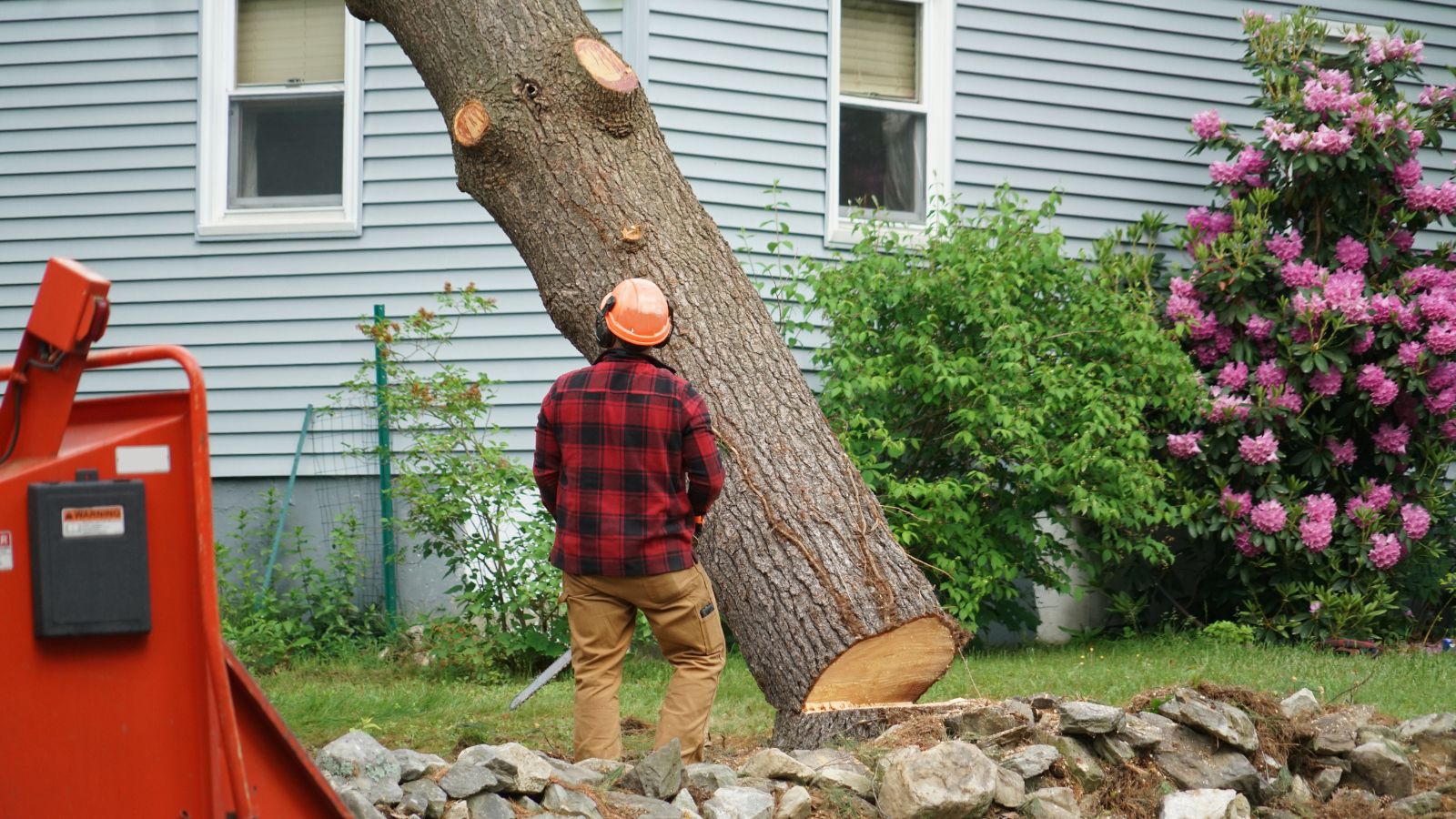
Do we really need to explain why knocking down trees is a risky DIY task? A tree falling down in an unplanned way could cause serious damage to properties or even death. Furthermore, removing trees on your property may be restricted if they are protected species. Either way, this simply isn’t a task that you should be attempting without permission, and the consequences of doing so could be dire.
Putting in New Flooring

In most cases, putting in new floors doesn’t require permits, but there are exceptions. For example, flooring renovation permits might be necessary if you live in a multi-family building with noise regulations. More importantly, using heavier materials like tile may also raise structural concerns in certain situations, so it’s your responsibility to ensure compliance.
Adding Solar Panels

It’s certainly true that adding solar panels could reduce your utility costs, but installation often requires permits to ensure compliance with building and safety codes. Permits are especially important if your local area has regulations regarding the placement or structural changes related to solar panels. Ultimately, if your solar panel wasn’t installed correctly and it fell, someone could get seriously hurt.
Converting a Garage
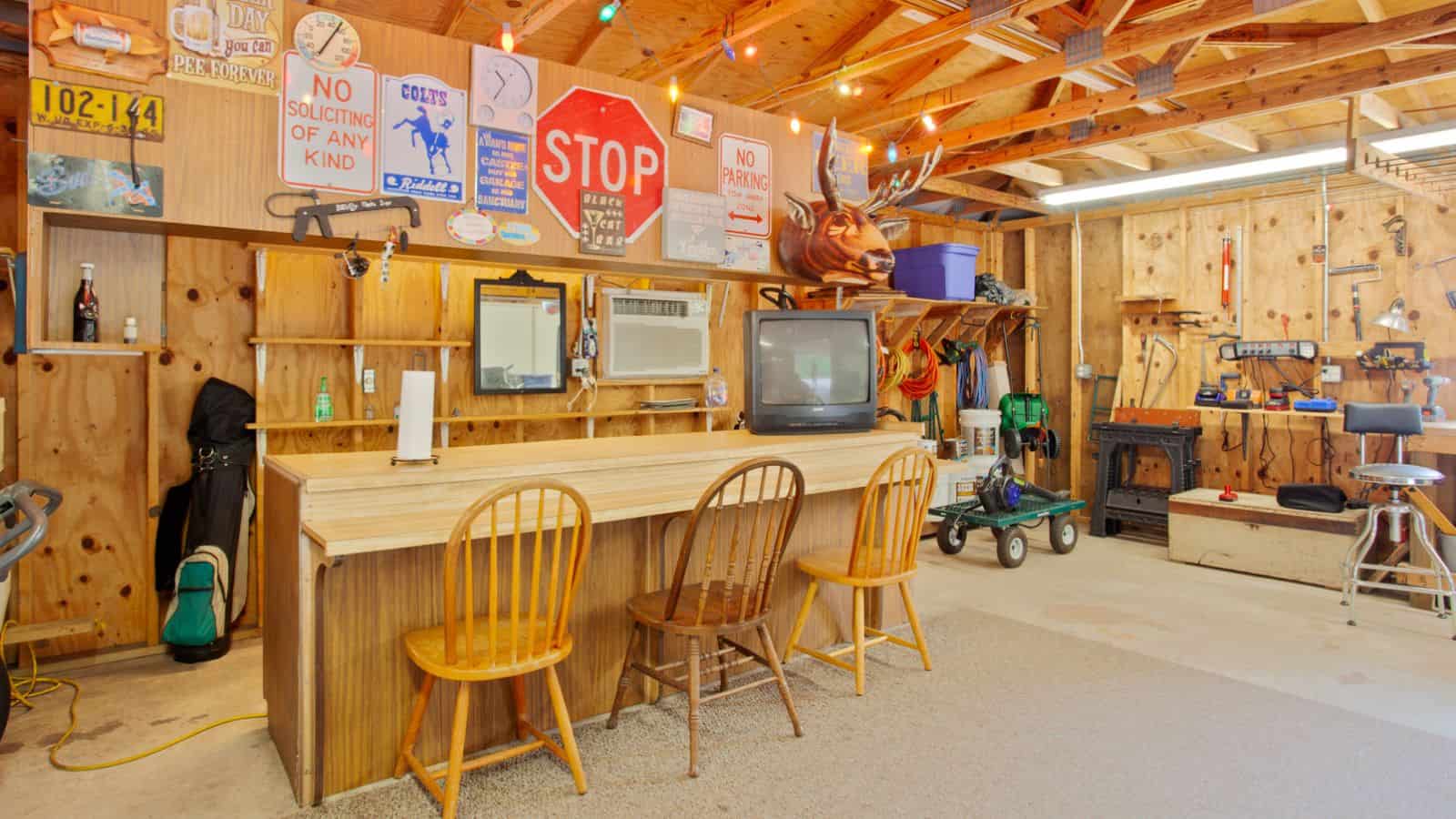
Just as with basements and attics, turning a garage into a livable area usually requires multiple permits to meet building codes for insulation, fire safety, and structural integrity. Conversions made without proper authorization can result in fines and may complicate property sales later, as unpermitted work may need to be dismantled. Ultimately, you could go for it, but remember that garages are designed as living spaces, so you’ll need to assess the project accordingly.
Building an Outdoor Kitchen
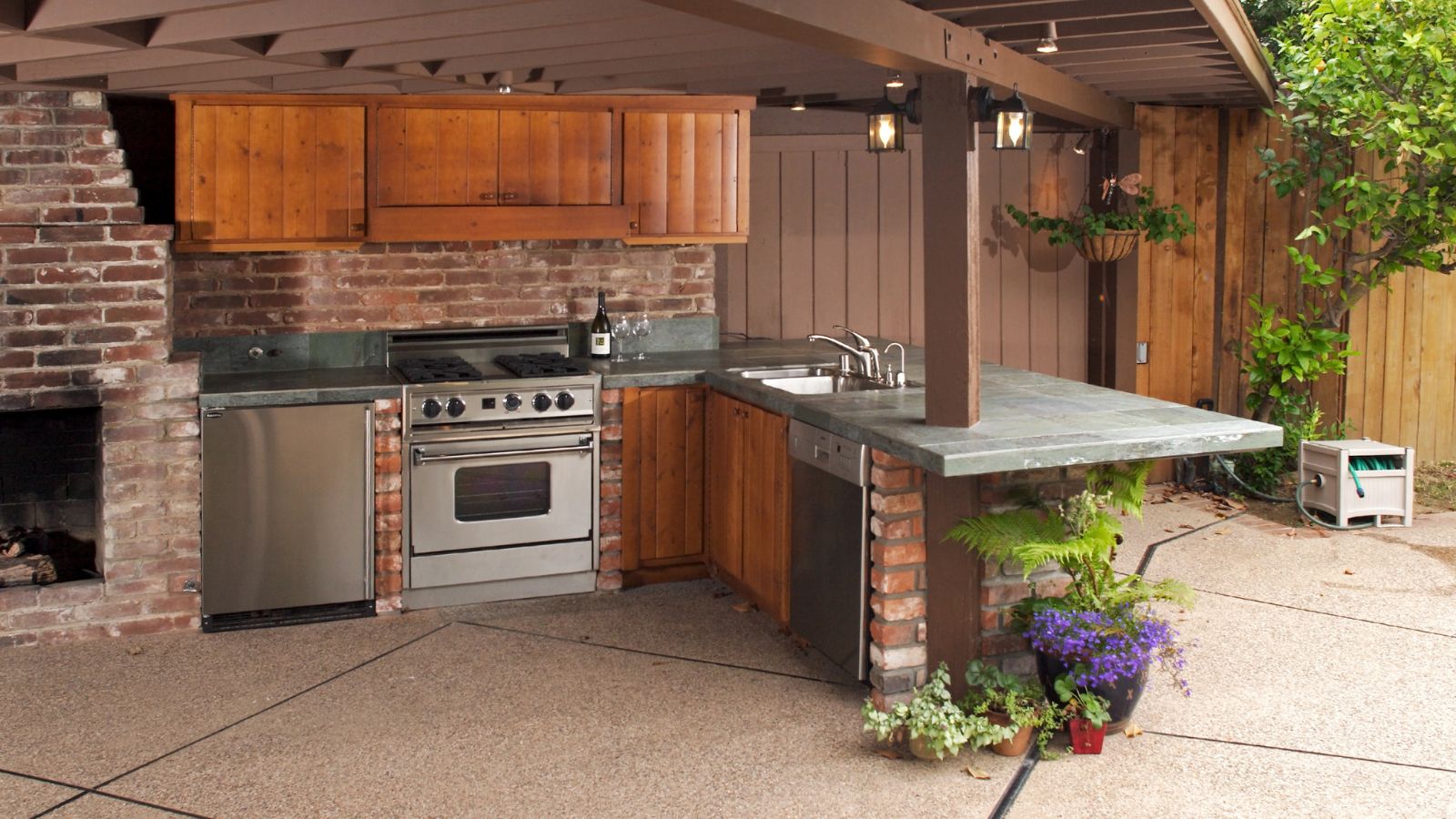
Another DIY renovation that could involve legal risk is building a kitchen or barbeque area outside. Yes, this would be great for your home, especially during the summers in a large yard. However, outdoor kitchens typically involve electricity, plumbing, and sometimes even gas, each of which requires permits, as we have already discussed.
Modifying the Sewage System
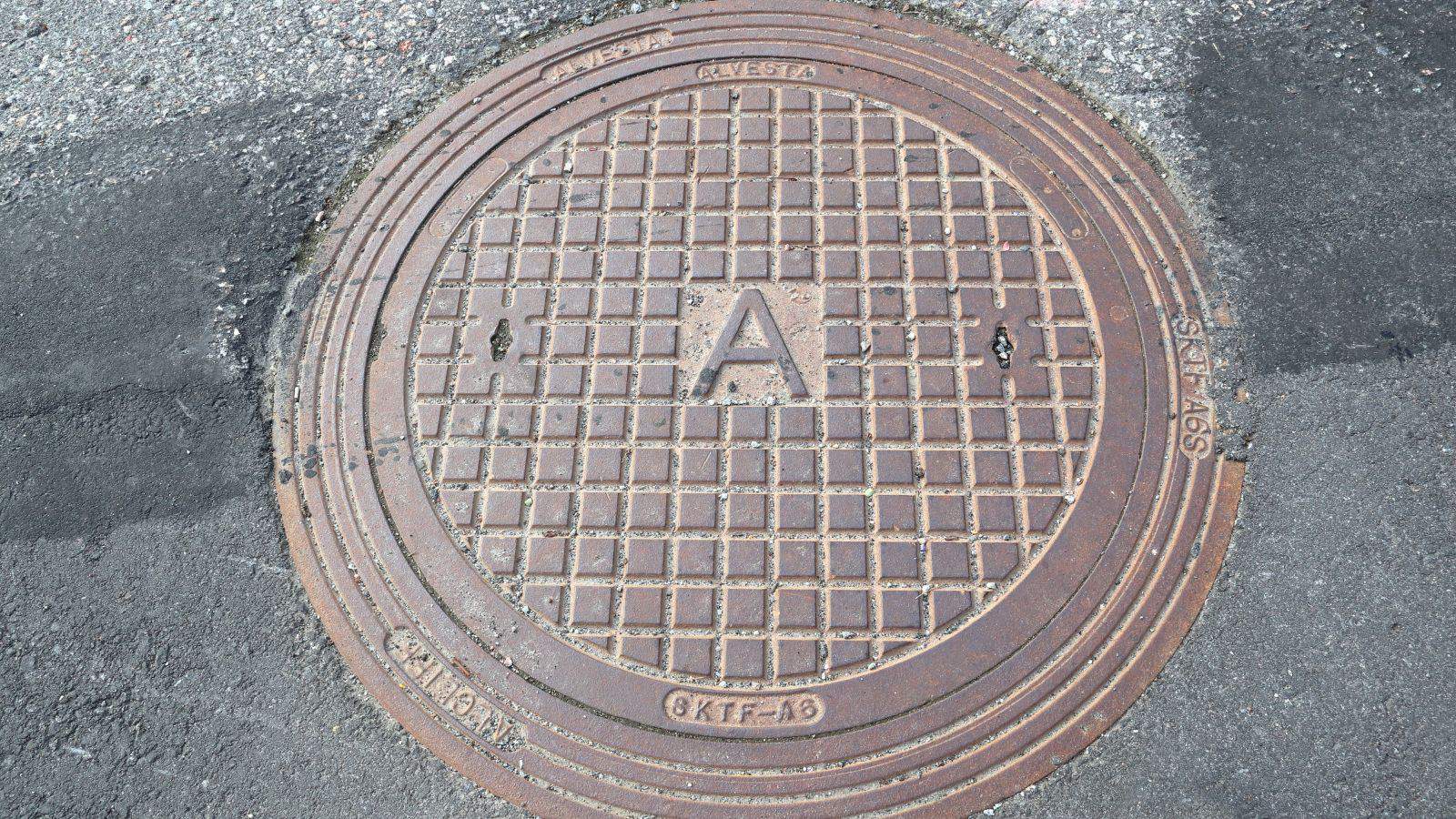
Last but not least, if you attempt to alter your home’s sewage system without seeking out a permit and professional inspection, expect to get into a whole lot of trouble. Even if you’re just adding a few basic components, doing this is strictly regulated under health codes to prevent contamination. Permits are generally required for nearly any modification, and unpermitted work can result in fines or forced removal, so it’s really not worth the risk to go without.
